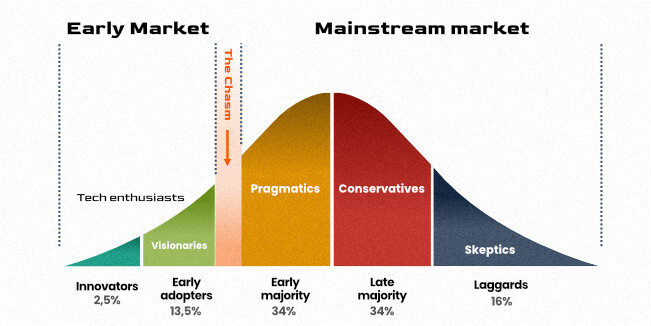I haven’t posted for a very long time but I still think MOD is a good idea and hope things turn around financially. I hope my plugins have added value both to the user base and the company. I wish I could participate more fully in the community and further development but life just hasn’t headed that way for me.
Regarding this extremely difficult topic of business vs open source ideals, I’ve thought a LOT about this so lets talk business.
I think most of us agree that from a consumer perspective MODEP and Zynthian really are not competitors. It’s unfortunate that business partners are not able to see that the same way we do but they are typically taking much larger risks than we are for our single device, so we can forgive them for being cautious. I like the idea that MOD devices should openly acknowledge derivative products using the mod SW and but it should discuss both to a consumer and investor perspective why those products actually make mod a stronger business.
I believe even now several customers, some plugins and some bug-fixes have been brought to MOD from these outside communities. That is some value. Perhaps that could be quantified and would provide a good enough business case to settle these concerns.
However I think maybe those communities could offer more value still to MOD (and therefore, this community). I don’t have a definitive answer, but I think that is something worthy of some community think-tank time.
MOD could offer sale of the images these communities are using. This would require some effort on the part of the MOD team. Those communities would (hopefully) see the value in the maintenance and new features MOD is providing them and be willing to pay some, even though someone could do the same for free using the source (but it seems they did so once but are not maintaining). This is similar to one of the paths how the Ardour DAW monetizes. The biggest risk here is if those users would expect the same support as mod users, this path could potentially create more cost than revenue. Perhaps they would accept buying something inexpensive without promise of support?
Perhaps these binaries can have the tokens that would provide them access to the services they currently don’t get? Getting more users producing pedalboards and buying through the store might help produce more value from these derivative communities. But would someone who paid $40 for a pi and soundcard pony up $10 more for a plugin in the store?
I agree with jon that there should be way more for-sale plugins in the store. I think the comparisons to Android aren’t exactly clean because android has basically one competitor: Apple, who only provides it’s software to one hardware manufacturer: also Apple. There was a time that there were alternative OSes, (windows, firefox, ubuntu) but virtually there are none now. This is a stark contrast to the music device landscape where MOD competes with Line6, Helix, Zoom, I have no idea what all else. It’s very competitive. However the business model of android is compelling because basically once they have the OS out there, revenue from the app store is practically free: indy devs make and sell apps, consumers buy apps and in-app stuff, store takes a small cut, repeat, profit. Google was selling their nexus devices hardware at a loss to get more uptake (which helped kill the windows phone and other competition) because that’s not where the money was. Not sure about the pixel. But anyway, for MOD to profit from such a model it requires a fairly substantial amount of money exchange in the store.
Perhaps one answer is a micro-transaction model. Maybe some pedalboards could be for sale, maybe plugin presets, maybe even different skins. The more content that could be generated by the community and exchanged for a price, even small, the more money that comes into MOD. If this is the desired model it makes sense to lower the barrier to entry for content as much as possible. Currently developing a plugin and selling it is the only path that has the win-win synergy. It also makes sense to cast as wide a net as possible so you should encourage other projects to use the MOD ecosystem.
I’m a cheapskate so I love free stuff (I also love sharing my work as open source) but perhaps it should be changed so every plugin cost $.10 by default, basically just a convenience tax for using the store (so no DRM needed). Most FLOSS licenses don’t prevent selling them. If you don’t like to pay then go ahead and build it yourself and install with ssh. But buying them is the most convenient way. Getting everyone used to buying plugins and some being cheap and some being expensive can help attract more developers. To help alleviate concern about the costs maybe every device would come with $50 of plugin store credit (which might also help make buying a device from MOD more tempting than the 2nd hand market). Of course this has issues: clever people will make it much easier to just install plugins without the store, some devs may get ruffled feathers if someone is selling their plugin without sharing a cut, or we could quickly end up with millions of garbage plugins for cheap.
Anyhow, I’ve rambled enough. I just think that the way to remove this angst between partners and derivative products is to 1. find a way to monetize from derivatives, or 2. have them generate content that adds value to MOD users. I’d love for others to chime in some better ideas. I suppose none of them will matter until the reboot happens, but I understand that being armed with a strong business plan will certainly help with moving forward.
Regardless: best of luck to us all.



